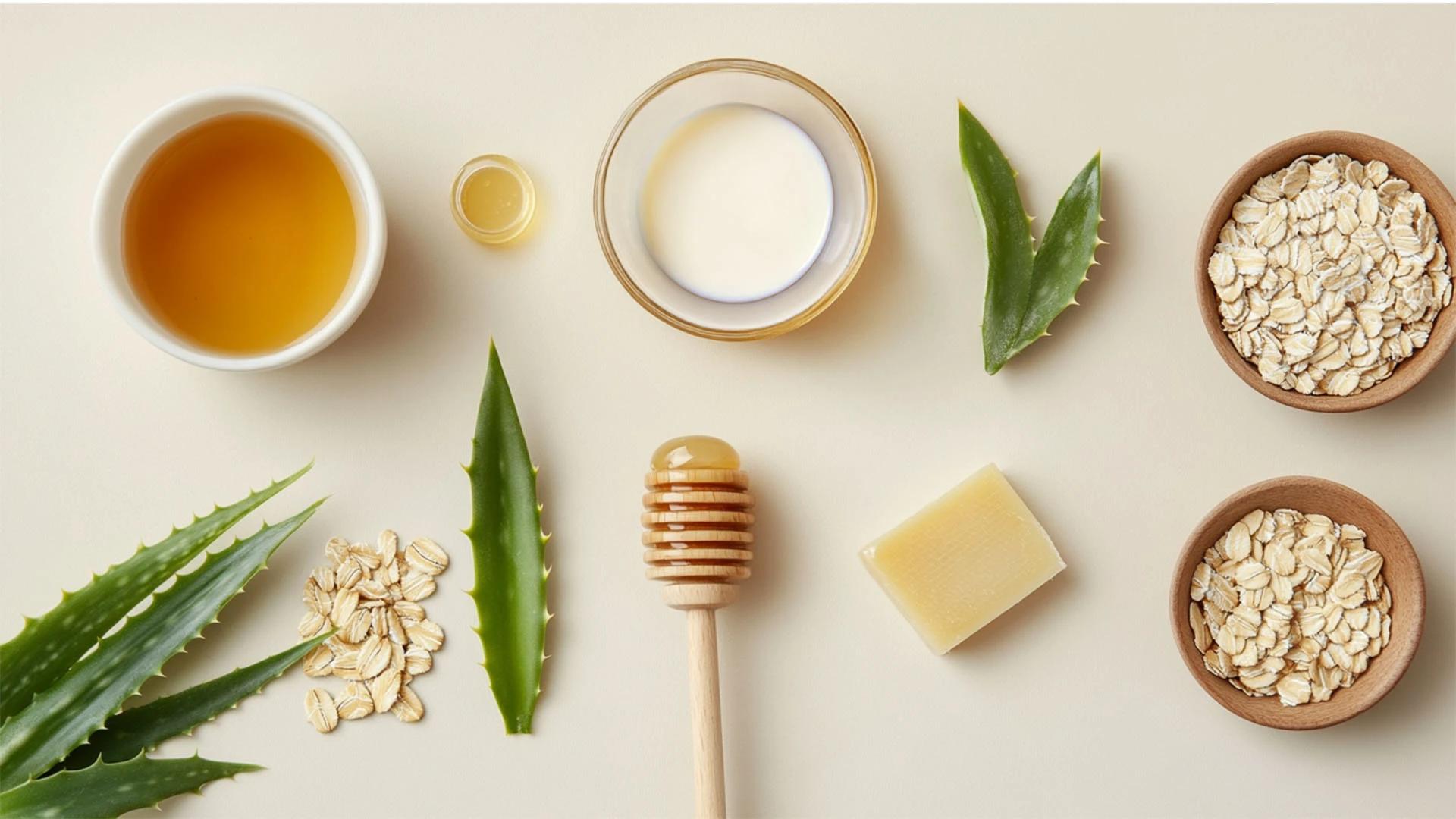After 2-3 hours, check in with your fragrance one more time. What's left is likely your base notes—the deep, warm scents that create the foundation of your perfume. These might be woody, musky, vanilla-sweet, or rich and resinous. This final stage tells you about the fragrance's lasting power and what impression you'll leave behind.
Fragrance Families and Their Typical Notes
Fragrance families are like music genres—each has its own personality and typical ingredients that create a recognisable vibe. **Floral families** often feature rose, jasmine, and lily in their heart notes, with fresh citrus tops and woody or musky bases. **Oriental families** love warm spices, vanilla, and amber, creating those cosy, sensual scents perfect for evening wear. **Woody families** centre around cedar, sandalwood, and vetiver, offering earthy sophistication. **Fresh families** play with citrus, aquatic notes, and green elements for that clean, energising feeling. Understanding these families helps you navigate fragrance counters like a pro and discover new scents that match your preferences.
The Role of Essential Oils in Fragrance Composition
Essential oils are the building blocks of many fragrances, bringing natural aromatic elements that create authentic, recognisable scents. These concentrated plant extracts contribute everything from the bright bergamot in your morning fragrance to the rich sandalwood in your evening scent. Modern perfumery cleverly blends natural essential oils with synthetic ingredients to create consistent, long-lasting fragrances that smell gorgeous every time. While some purists prefer all-natural compositions, synthetic elements often provide better longevity and allow perfumers to recreate rare or seasonal scents year-round.
Advanced Concepts: Perfume Accords and Scent Composition
Perfume accords are like fragrance harmonies—combinations of notes that work together to create something entirely new and beautiful. Think of how vanilla, caramel, and wood notes blend to create a "gourmand" accord that smells like expensive dessert. Master perfumers spend years learning how different aromatic elements interact, creating complex scent compositions that evolve beautifully on your skin. These accords are what make certain fragrances so addictive and memorable—they're not just collections of individual notes, but carefully orchestrated blends that create entirely new olfactory experiences.
Tools for Exploring Fragrance Notes
Fragrance wheels are brilliant visual tools that organise scents into families and show how different notes relate to each other. They help you understand why you love certain fragrances and predict what else might become your next obsession. Online fragrance databases let you search by specific notes—super handy when you're trying to find something similar to that gorgeous scent your friend was wearing. Start keeping a fragrance journal where you note down what you smell and when—it's honestly quite fun and helps train your nose to pick up subtle differences.


 100 ml
100 ml 60 ml
60 ml 100 ml
100 ml 210 ml
210 ml